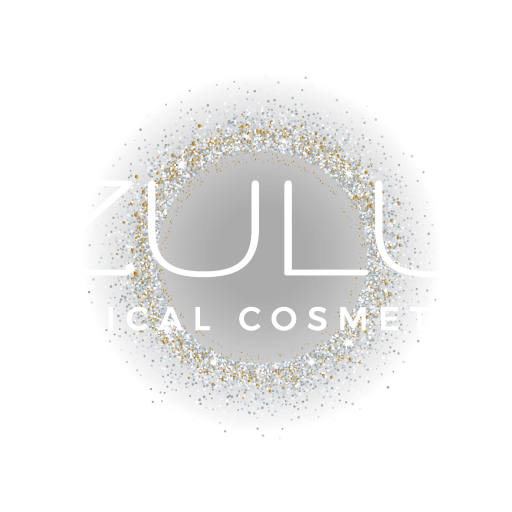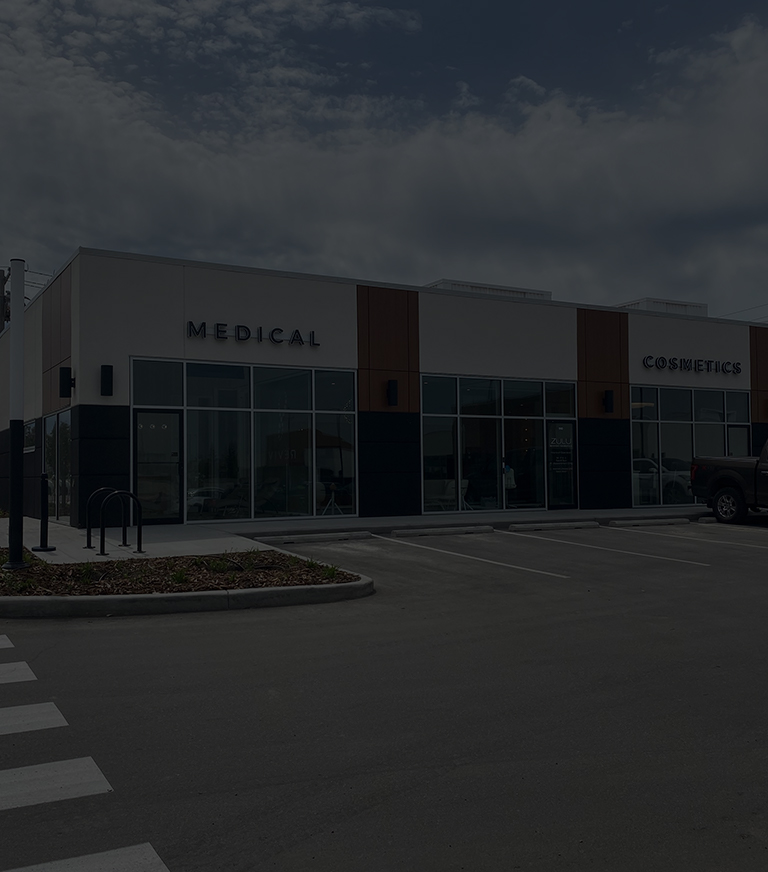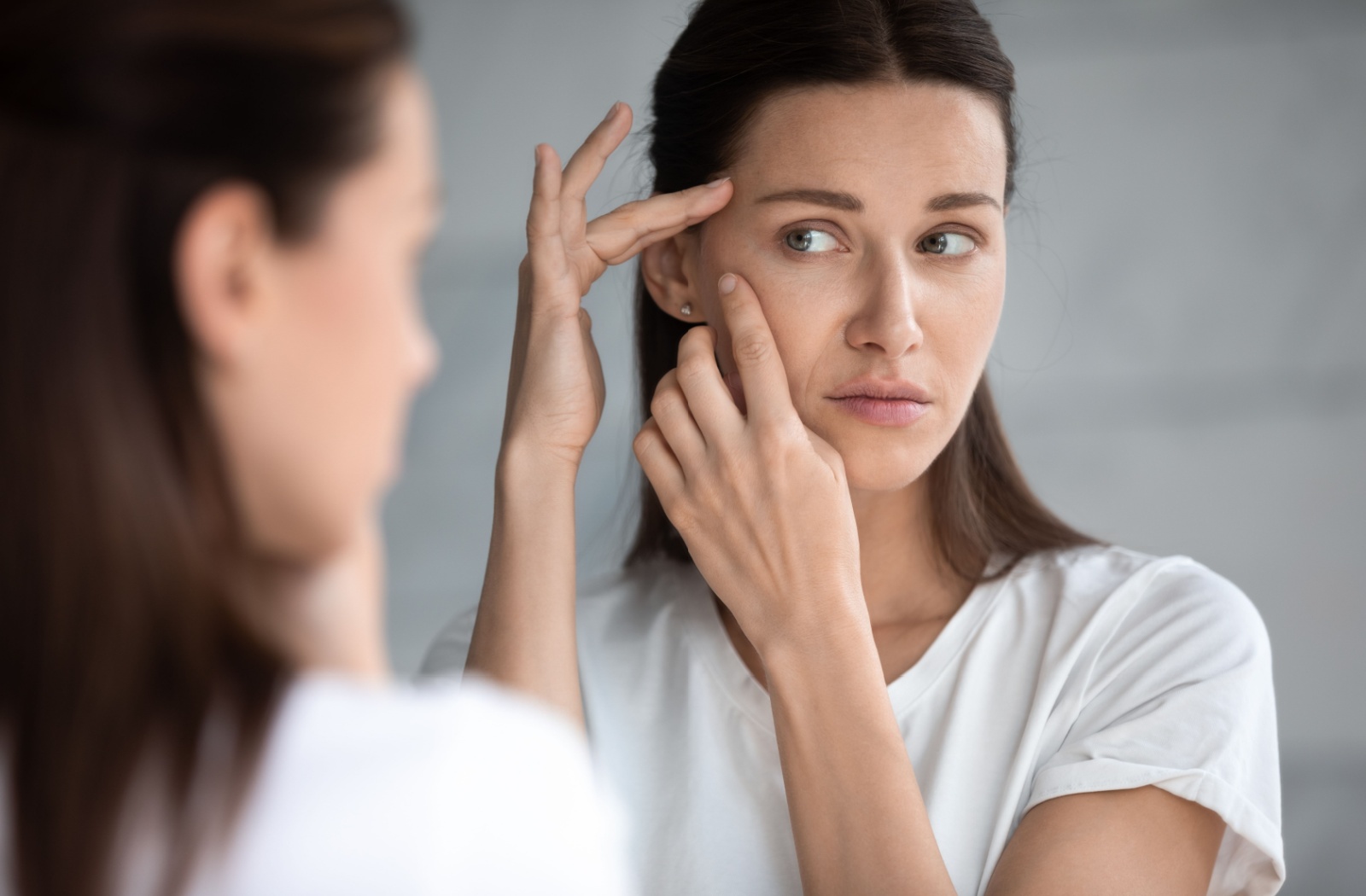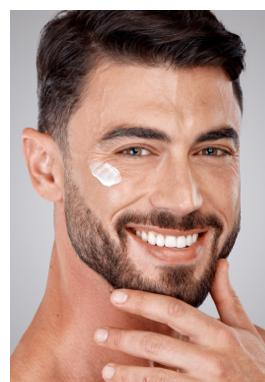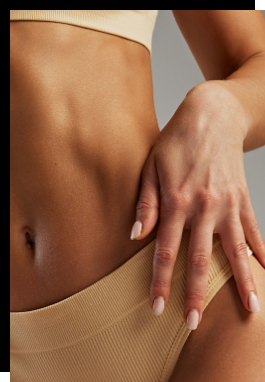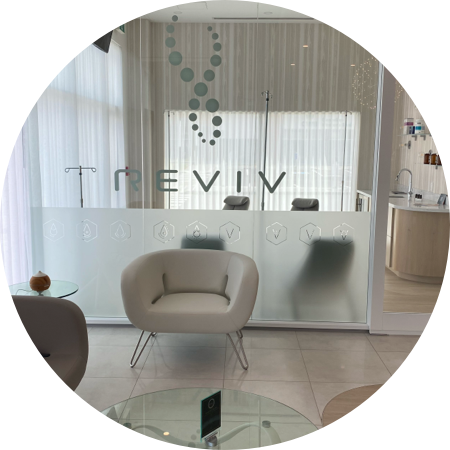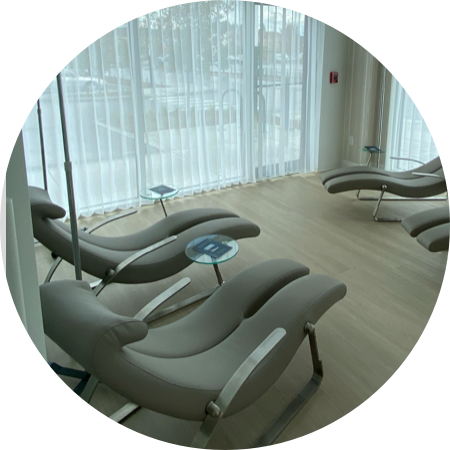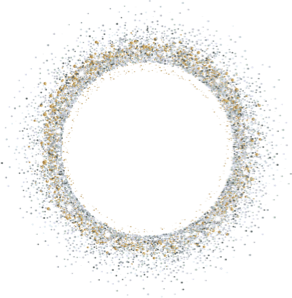Collagen plays a vital role in keeping your skin looking youthful, firm, and radiant—but as we age, our natural collagen levels begin to decline. If you’ve noticed more fine lines, loss of volume, or a general “tired” appearance, you’re not alone.
The good news? There are both professional treatments and at-home strategies that can help rebuild and stimulate collagen production. To restore collagen in the face, consider combining collagen-stimulating treatments like PRP, Exosomes, Morpheus8, Evoke, and Dp4 microneedling with lifestyle support, including a healthy diet, supplements, and consistent skincare.
What Is Collagen & Why Is It So Important?
Collagen is the most abundant protein in the human body and acts as the scaffolding that gives your skin its structure, strength, and elasticity. Think of it as your skin’s natural support system. Over time, natural collagen production slows down—starting as early as your mid-20s—and external factors like UV exposure, stress, poor diet, and smoking can accelerate the decline.
When collagen levels drop, your skin becomes thinner and less resilient. Wrinkles form, elasticity decreases, and your facial contours may begin to sag. Although collagen loss is a normal part of aging, the effects don’t have to be permanent.
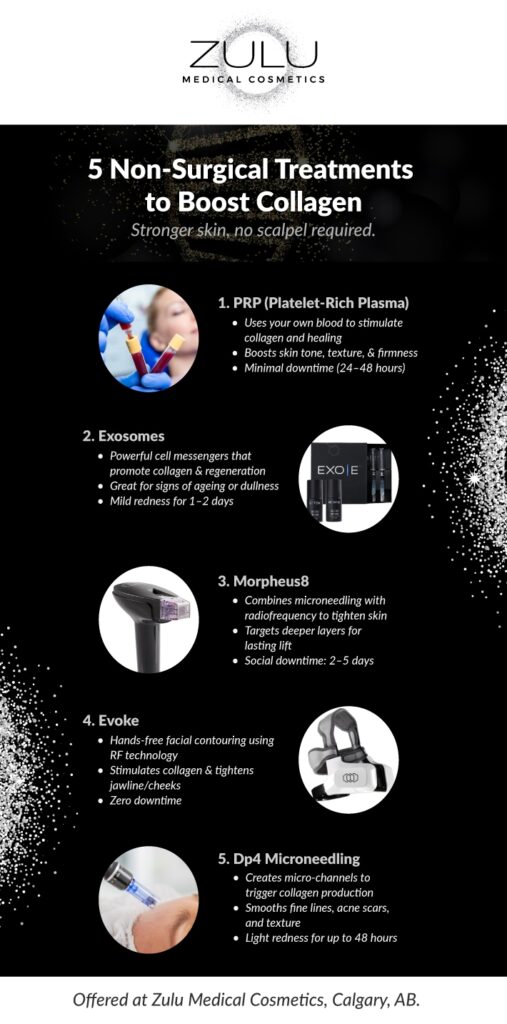
What Are the Signs of Low Collagen Levels & Are They Irreversible?
Common signs of reduced collagen include:
- Fine lines and wrinkles
- Loss of skin volume or plumpness
- Sagging or drooping skin, especially around the cheeks and jawline
- Dull, rough, or thinning skin
- Slower wound healing or increased skin sensitivity
While we can’t stop the natural decline of collagen completely, the effects are not irreversible. With targeted cosmetic treatments and supportive at-home practices, your skin can rebuild collagen, improve elasticity, and regain a healthier, firmer look over time.
Collagen-Boosting Treatments That Work
If you’re serious about restoring collagen in the face, modern medical aesthetics offers a range of powerful treatments designed to stimulate your body’s natural production. Here are 5 standout options:
PRP (Platelet-Rich Plasma)
PRP uses the healing properties of your own blood to regenerate skin. After your blood is drawn and processed, the platelet-rich plasma is injected into the face or applied topically during microneedling. PRP stimulates collagen, improves tone and texture, and supports cellular repair.
Exosomes
Exosomes are cell messengers derived from stem cells. When used in facial treatments, they deliver growth factors that encourage collagen production and skin regeneration. They’re often paired with microneedling for amplified results.
Morpheus8
Morpheus8 combines microneedling with radiofrequency (RF) energy to penetrate deep into the skin. This dual action triggers a natural wound-healing response and tightens the underlying layers, leading to firmer skin and a more lifted appearance.
Evoke
Evoke is a noninvasive RF treatment designed specifically for facial contouring. It targets the deeper layers of tissue in the cheeks and jawline, stimulating collagen and elastin while tightening and defining facial features.
Dp4 Microneedling
The Dp4 device creates thousands of micro-injuries in the skin, activating the body’s healing process and boosting collagen and elastin production. It’s suitable for all skin types and can improve everything from fine lines to acne scars.
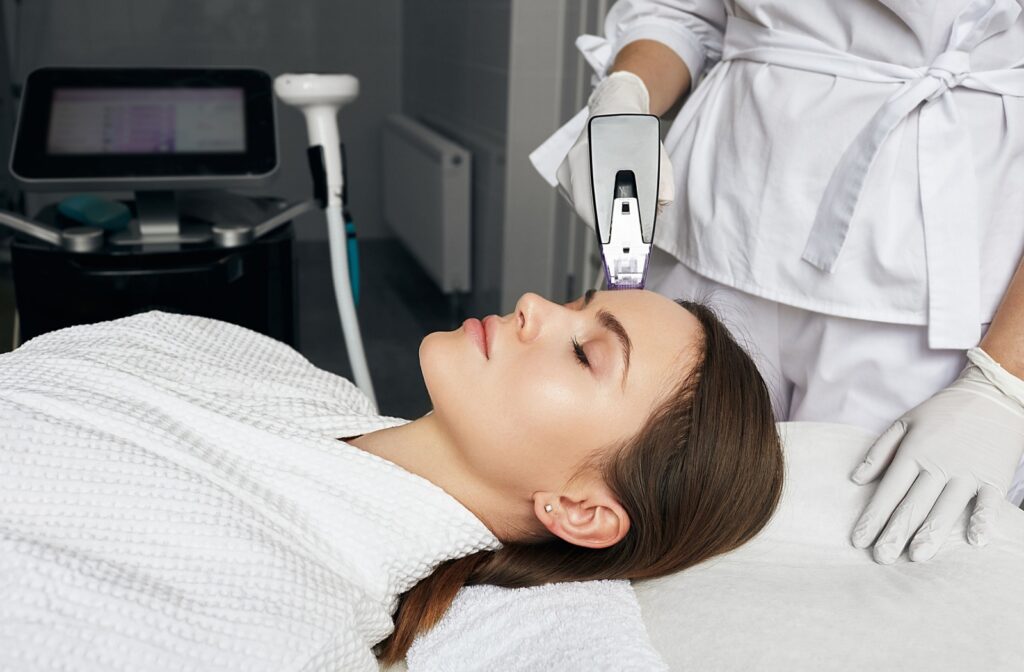
How to Support Collagen Naturally at Home
While professional treatments are the most effective route for visibly restoring collagen, a healthy lifestyle can absolutely support and enhance those results. Here’s how you can promote collagen production naturally:
- Eat collagen-friendly foods: Bone broth, salmon, berries, leafy greens, eggs, and citrus fruits are all rich in nutrients that support collagen synthesis.
- Take collagen supplements: Hydrolyzed collagen peptides (from marine or bovine sources) are easily absorbed and may improve skin hydration, elasticity, and firmness over time.
- Use retinoids and peptides: These proven skincare ingredients can stimulate collagen production when used consistently.
- Protect against UV damage: Daily SPF is a must—UV rays are a major collagen killer.
- Stay hydrated: Well-hydrated skin is more elastic and resilient.
FAQs About Collagen Restoration
How can I get collagen on my face naturally?
You can support collagen production by eating a nutrient-rich diet, using topical products with vitamin C, retinoids, and peptides, staying hydrated, avoiding smoking and excess sugar, and protecting your skin from the sun. While natural methods help maintain collagen levels, in-office treatments offer deeper, more noticeable results.
What are the symptoms of a lack of collagen?
Visible signs include sagging skin, fine lines, wrinkles, slower healing, and a loss of facial volume or elasticity. You may also notice drier skin, dull tone, and less resilience to environmental stressors.
What is the best homemade collagen for the face?
While you can’t technically make collagen at home, bone broth is often referred to as a “homemade” source of collagen. You can also create DIY face masks with collagen-boosting ingredients like honey, aloe vera, and vitamin C-rich fruits—but for real collagen regeneration, professional treatments are essential.
Schedule a Complimentary Consultation Now!
Collagen isn’t just about looking good—it’s about restoring strength, vitality, and structure to your skin from the inside out. With the right combination of professional treatments and daily care, you can revive your collagen levels and rediscover firmer, smoother, more youthful skin.At Zulu Medical Cosmetics, we offer a range of science-backed, collagen-stimulating treatments tailored to your skin’s needs. Whether you’re interested in PRP, Evoke, Exosomes, or microneedling, we’re here to help guide your journey. Book your consultation today and take the first step toward radiant, revitalized skin
